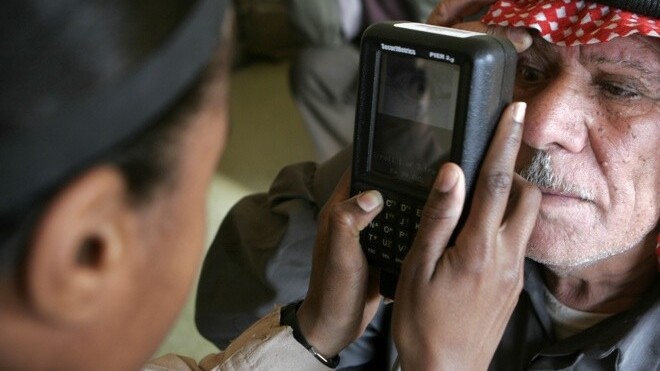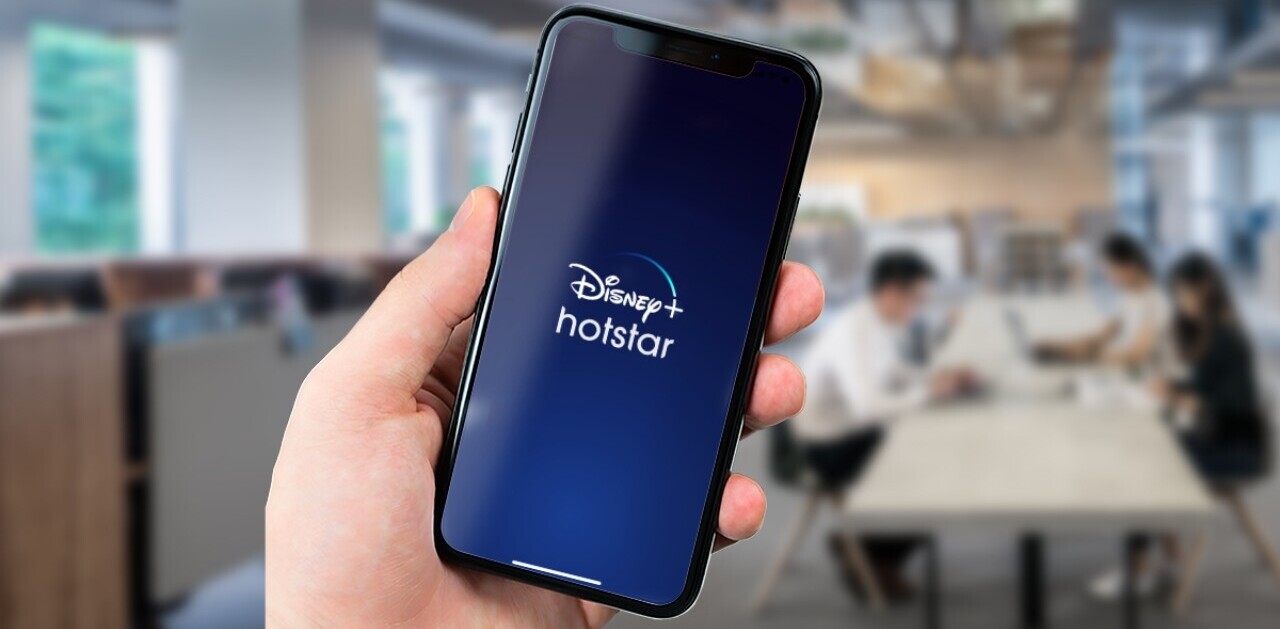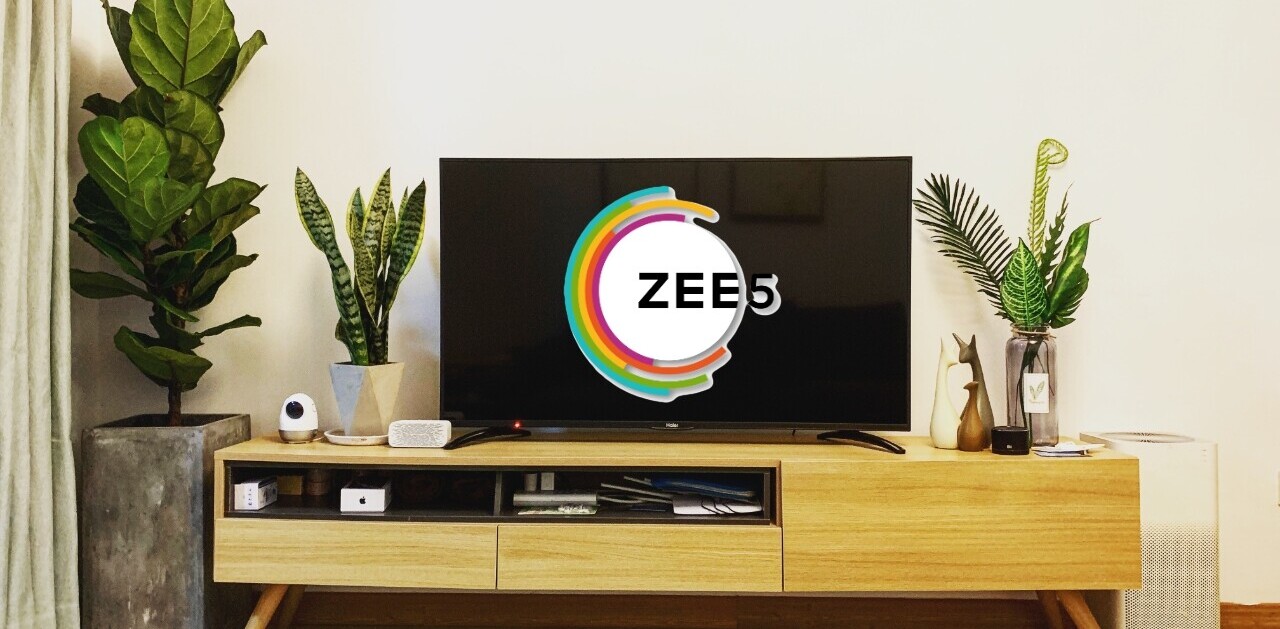
India’s unique identification project Aadhaar has been going strong as it ramps up its background processes to account for the increasing rate with which it is bringing in new registrants every day, a profile of the project by Fast Company reveals.
Headed by the Unique Identification Authority of India (UIDAI), the project aims to put a digital identity in the hands of every Indian. Appropriately dubbed “Aadhaar”, it literally alludes to the hope that this will one day be the “basis” of every Indian’s identity, regardless of social standing or income.
Aadhaar provides registrants with a unique 12-digit ID and pairs it up with basic information about them and their biometrical data such as scans of the irises and fingerprints of all ten fingers. This information can then be used to verify their identity digitally, and even online, using a nationwide back-end database.
With one million new registrations coming in every day, that database is growing at an astounding pace. The project was kicked off at the end of September last year and has since swelled to include 54 million registrations in just over a year, with the goal of hitting 200 million by the end of 2012.
The whole project is run from the Aadhaar Technology Centre in Bangalore, with the database stored in server farms in Bangalore, the IT capital of India, and New Delhi, the actual capital of India. The complex in Bangalore is spread out over 25,000 square feet of space, with a plan to annex an additional 26,000 square feet to it.
Ashok Dalwai is the deputy director general and head of the technology centre and he says that new features are being added to the project even as the team takes on the enormous challenges involved with scaling a project of this size and complexity. India is a nation of over 1.2 billion inhabitants after all!
About the new features being added to the process, Dalwai said that they recently started offering New Delhi residents the ability to book an appointment for the registration process, so they didn’t have to wait in a long queue to get themselves enrolled. The UIDAI has also begun installing test equipment in the form of biometric scanners and ID authenticators in parts of Karnataka, and will eventually allow its partners to use its database to start verifying the identities of Indian citizens.
“We are comfortable that the system works,” Dalwai says. “Now it’s the scalability and ensuring that there are no backlogs developing at any stage of the system.”
Get the TNW newsletter
Get the most important tech news in your inbox each week.



